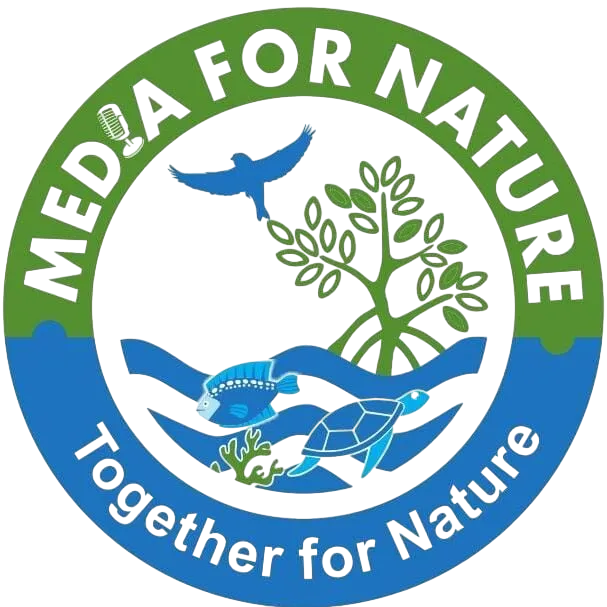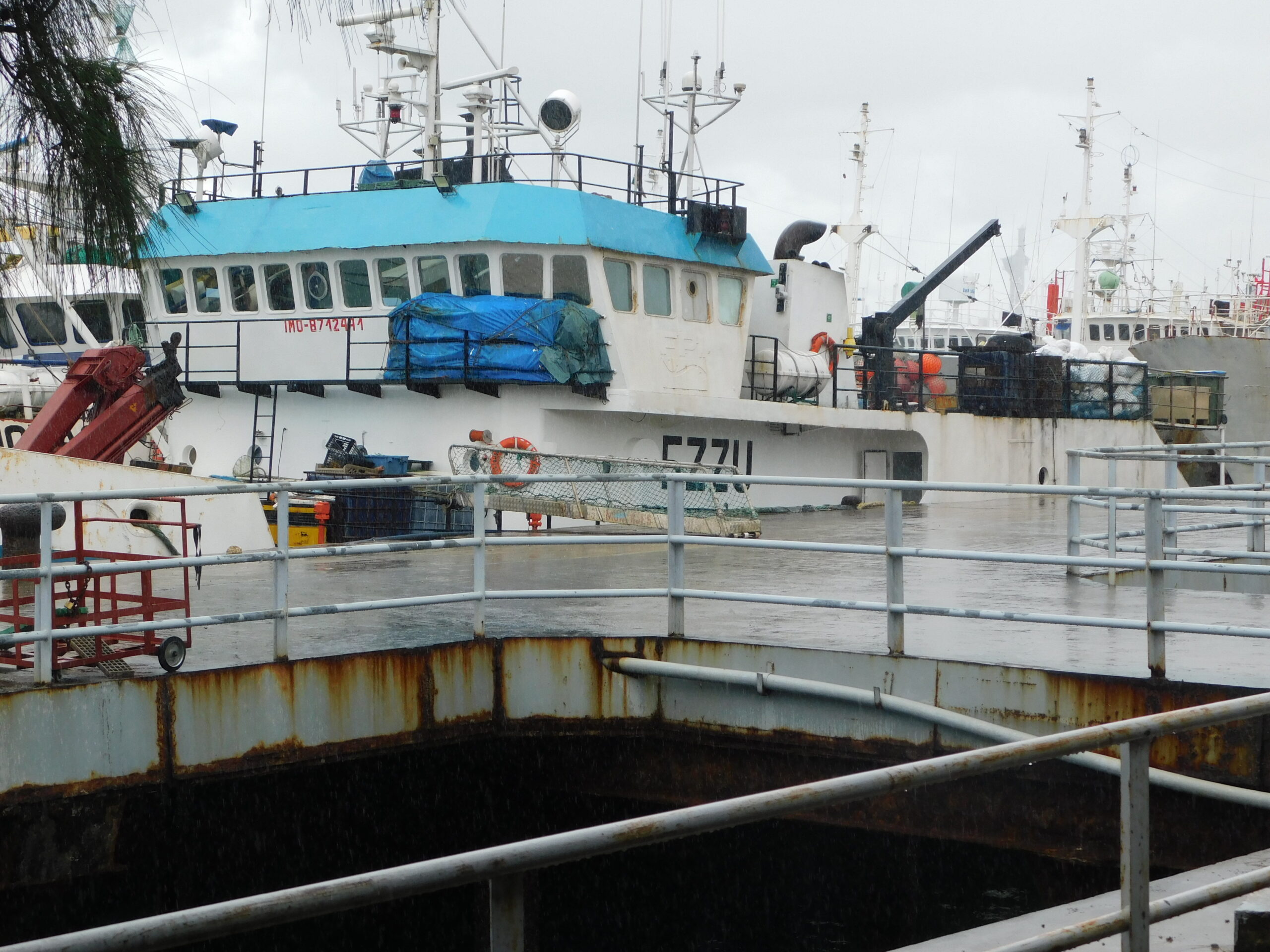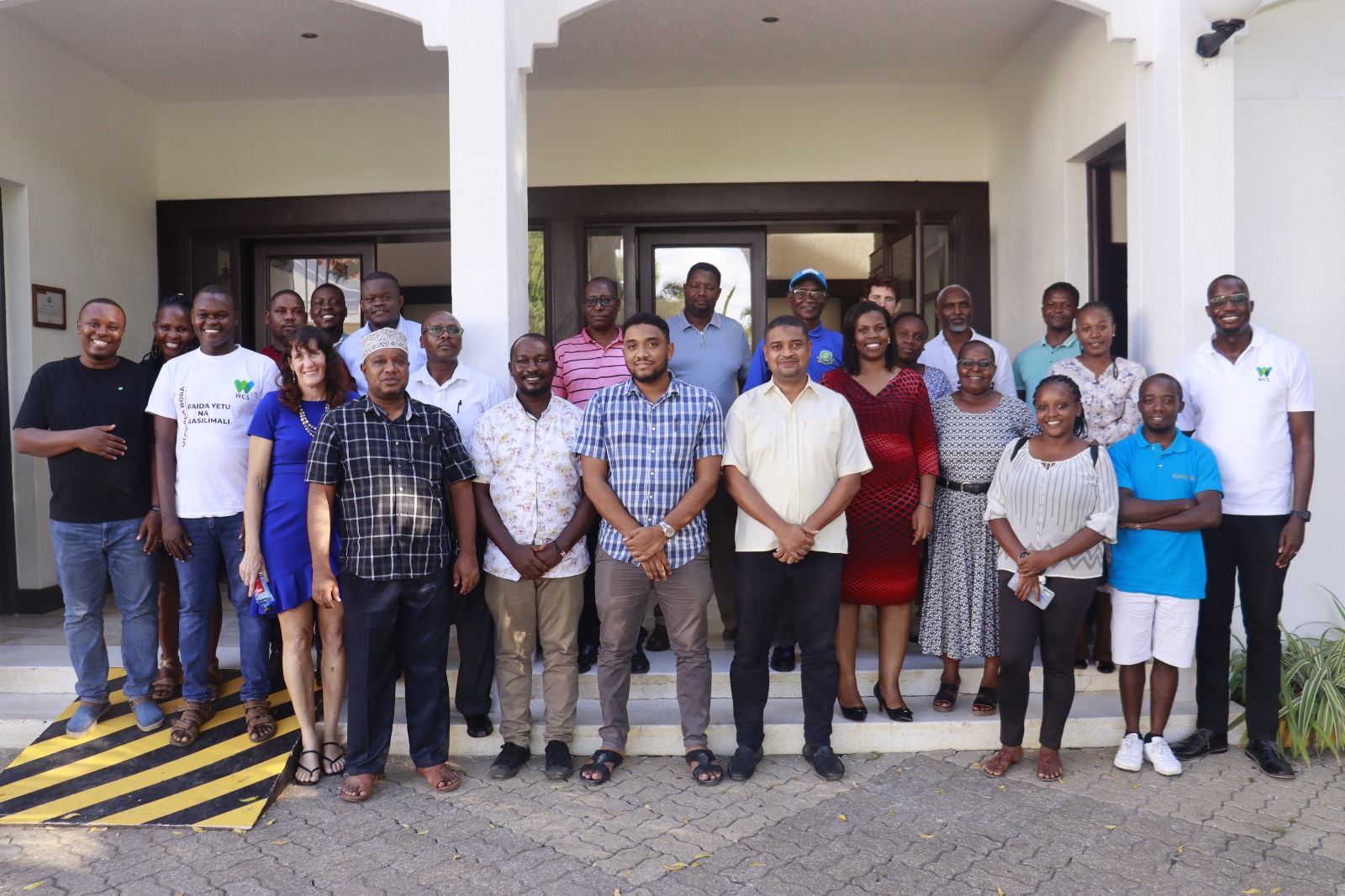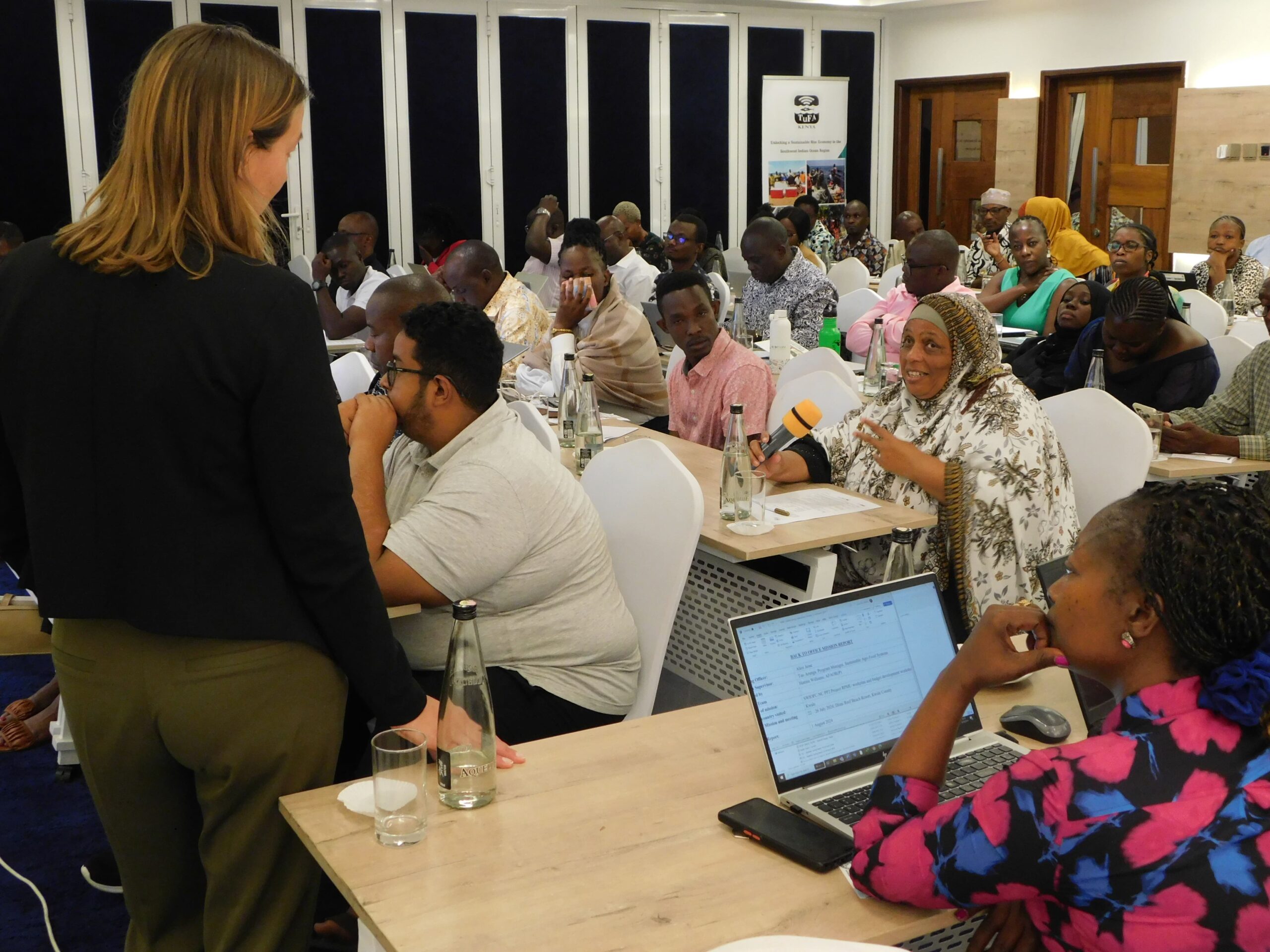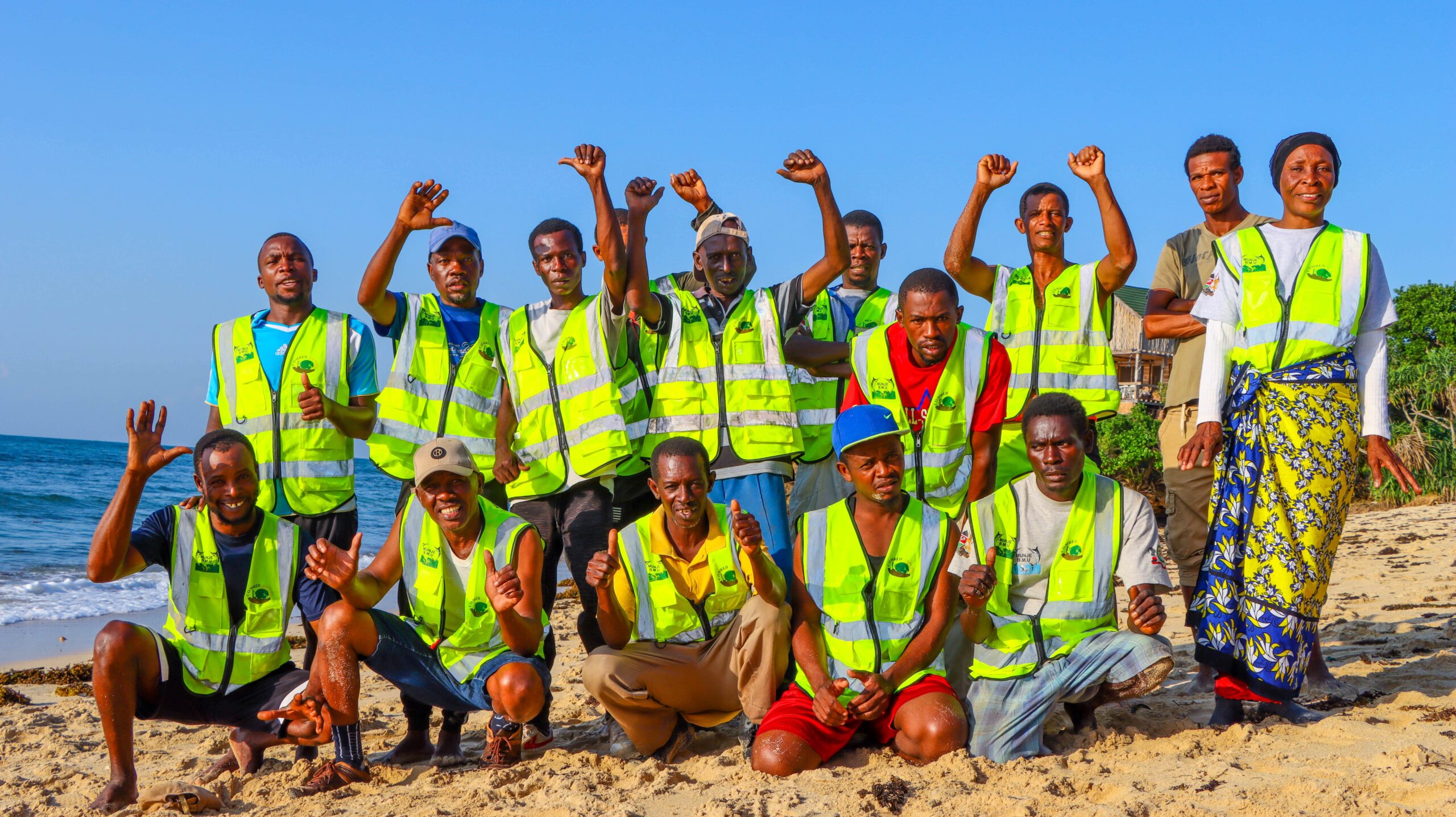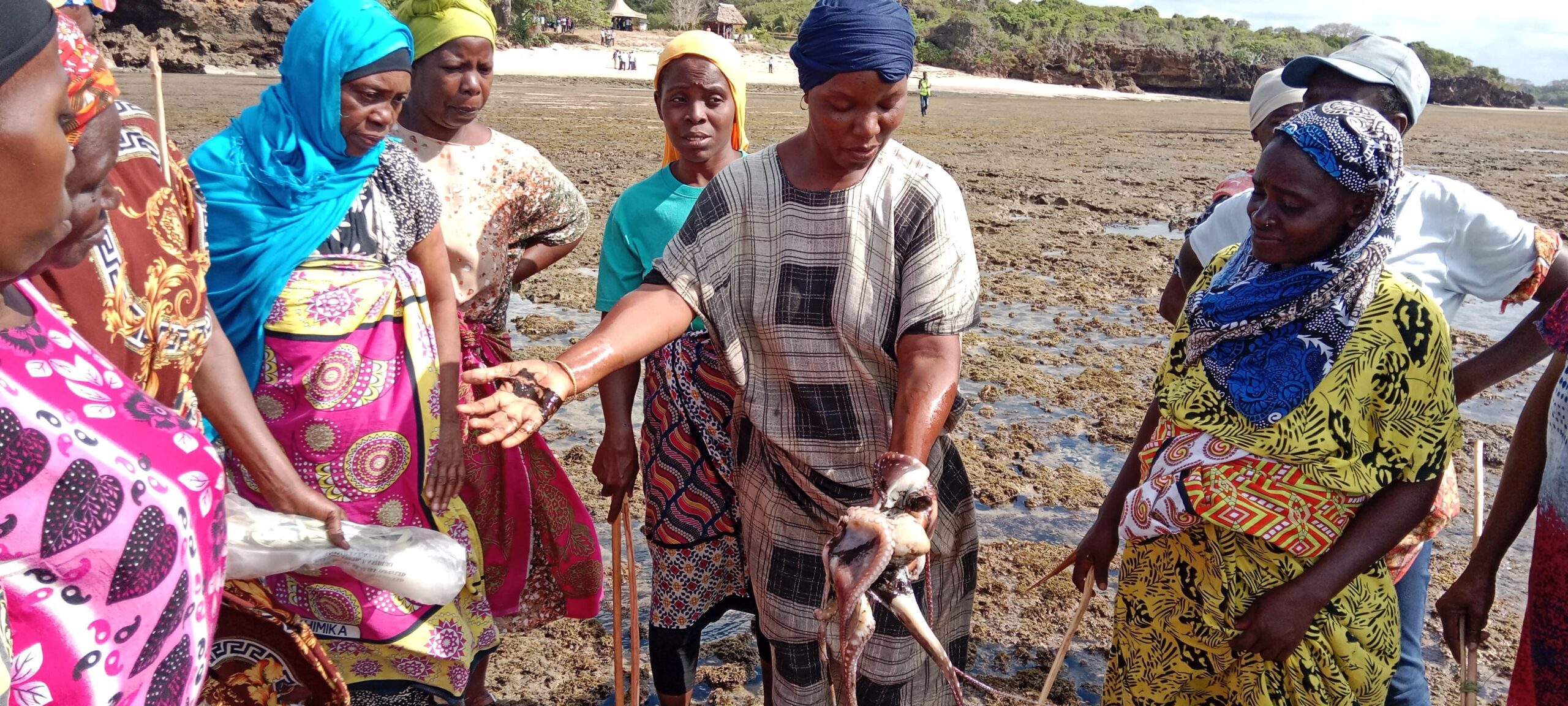Fishing vessels at the Liwatoni fishing port in Mombasa|Photo Mazera Ndurya
With no fully operational fishing port currently, Kenya is losing billions to other countries within the Western Indian Ocean (WIO) region that have invested heavily in fishing infrastructure.
Countries like Mauritius and Seychelles are reaping big from millions of tons of fish caught in Kenyan waters, a situation stakeholders in the fishing industry say is denying the country revenue and fish for local consumption.
A lot of work goes on at the fishing port, including processing, therefore creating jobs and providing fish to all levels of fish dealers.
The Liwatoni Fish Port in Mombasa has no capacity to handle bigger fishing vessels because the berth is small. According to a fisheries expert one long liner ship can take the entire space leaving no room for other vessel.
Currently, only smaller fishing vessels berth at the Liwatoni fishing port but still little is going on due to lack of facilities that are necessary for fish landing, storage and processing.
“We have that challenge that’s why they are not coming. If the facilities here were up to date, we would be having about five vessels landing over 2,000 metric tonnes and that means big business and opportunities for jobs especially if the processing is done at this port,” said the expert.
Besides, the cold storage at the facility is not yet complete and that means the facility is operating way below its capacity.
However, even with such challenges, the Kenya government through the Kenya Fisheries Services has invested in monitoring and surveillance of foreign fishing vessels to ensure that they don’t engage in illegal fishing.
Through the Ksh10 million Vessel Monitoring System (VMS), all fishing activities of the vessels licensed to fish in Kenyan waters are documented.
Speaking during a knowledge sharing workshop of the Tuna Fisheries Alliance of Kenya (TuFAK) members to effectively advocate for the implementation of the Southwest Indian Ocean Fisheries Commission (SWIOFC) Minimum Terms and Conditions (MTCs) guidelines, stakeholders said challenges facing the fisheries sector can only be addressed through a strong network. The workshop that brought together institutions including NGOs, Media, Community Conservation Groups, State Government, Private Sector, and the Beach Management Unit provided an overview of the status of implementation of MTCs, and implementation of tools for addressing IUU including the state of MCS in Kenya.
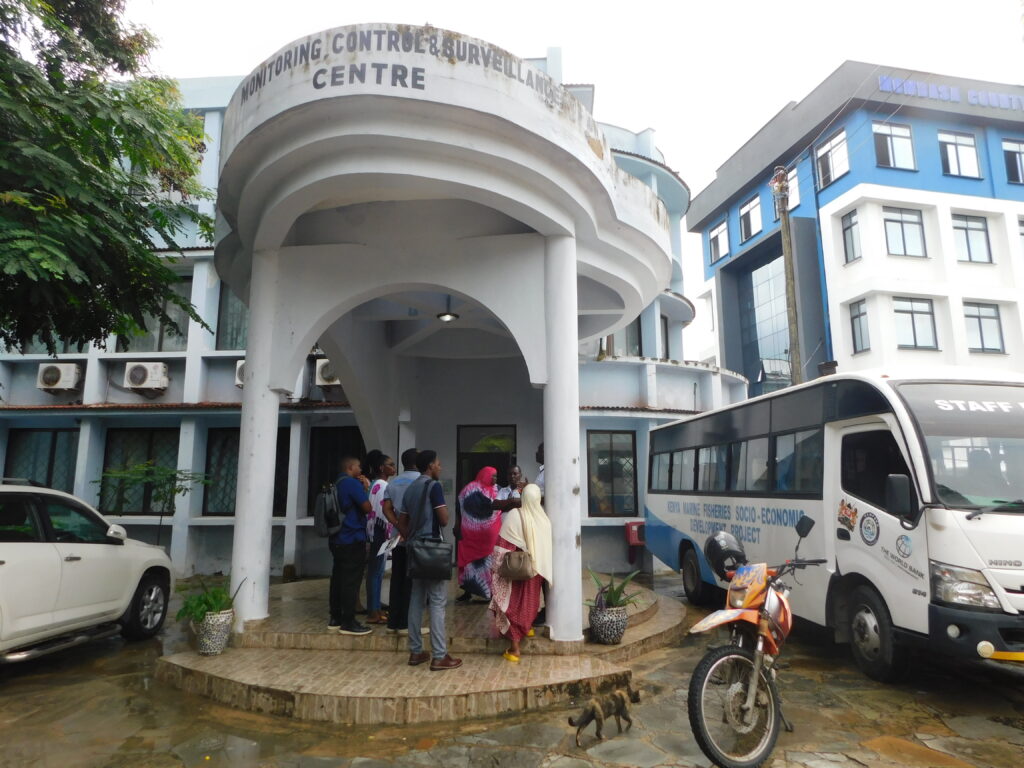
The participants drawn from the coastal fishing communities came from Lamu, Tana River, Kilifi, Mombasa and Kwale. It was undertaken with financial support from the Government of Norway through the SWIO Sustainable Blue Economy Programme.
TuFAK Chairperson Hadley Becha said TuFAK was formed to fight for the welfare of small scale fishers, getting information that is relevant and beneficial to the community, look for the shortcomings and rectify them and that’s advocacy.
“A network like TuFAK combines knowledge sharing and advocacy because you cannot do advocacy if you have no in-depth understanding of the issue you are agitating for. When we talk about Minimum Terms and Conditions (MTCs) we cannot defend certain clauses if we don’t know what they entail,” said Becha.
He added: “When we talk about advocacy some people think it’s just about awareness creation or just communication, we do it because we want to see change in policies, laws and regulations.”
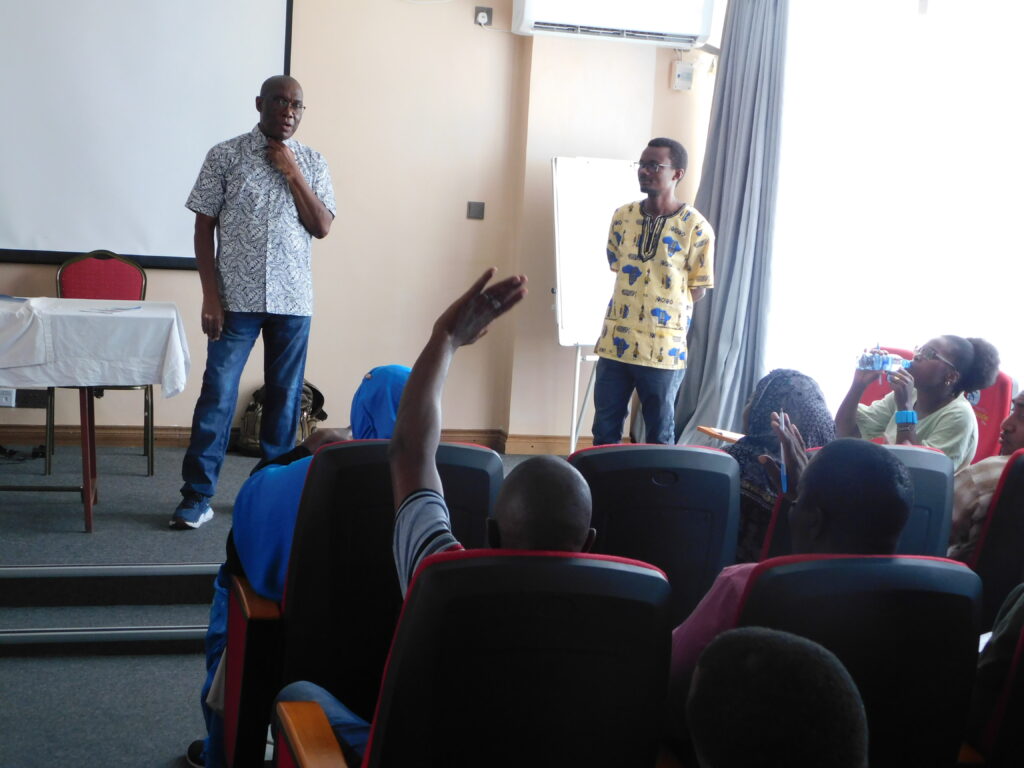
One of the issues that took centre stage at the workshop was that of fish by-catch which has been the main source of fish for women fish vendors.
A fish monger and member of Kilifi Central Beach Management Unit, Rukia Juma said the by-catch is a boon for women involved in fish business because most of them don’t have the resources to buy tons of fish.
“This is where most of us get our fish and that’s why we are saying when the fishing vessels call at the landing sites it is good business for us,” she said.
Systems Analyst and NatureCom Director John Kareko said such countries like Mauritius and Seychelles benefit more from the by-catch through value addition.
“In some of these countries, the by-catch is segregated and some can be used for making fertilizer, but this cannot be achieved if there are no facilities or infrastructure to facilitate value addition.
“How do we develop our fisheries when there is no infrastructure? We cannot get fish in the absence of a fully operational fish port,” he said.
However, Kareko said advocacy should go beyond creating awareness and take a more proactive turn by seeking to know, for instance, how much has been budgeted by the government to improve port facilities.
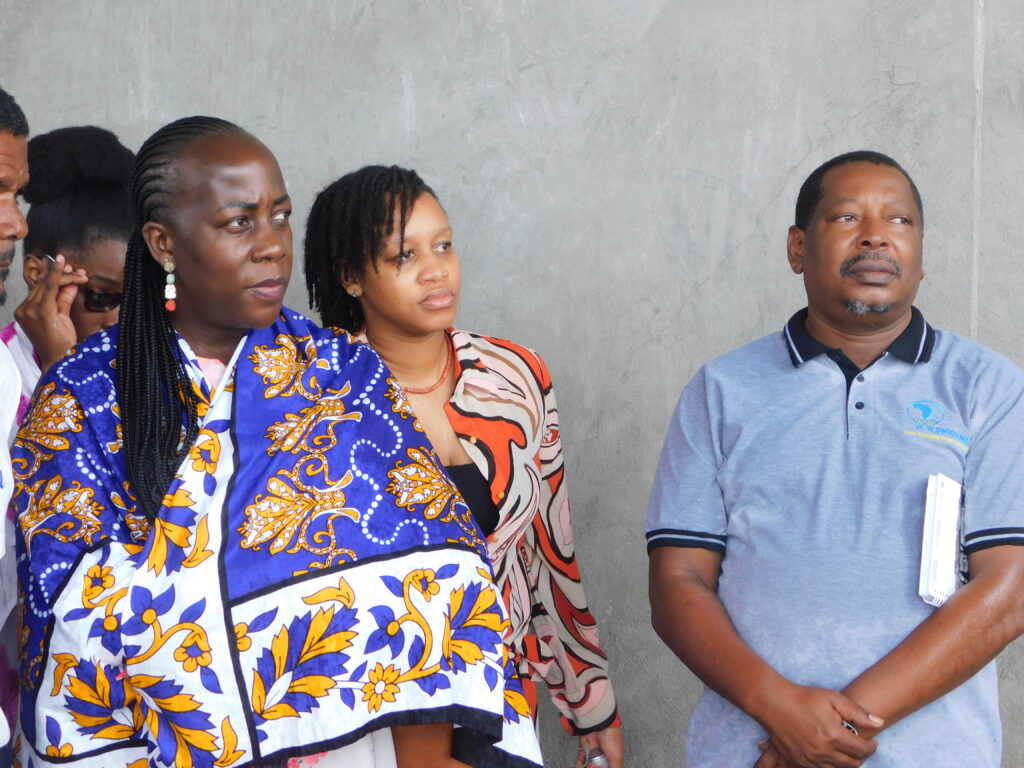
However, when talking about creating enabling environment for the fisheries sector, Kareko said countries like Seychelles and Mauritius have gone an extra mile providing fuel subsidies for fishing vessels.
“One of the reasons why fishing vessels find it easy and comfortable offloading their fish including the by-catch in these countries is that they get to fuel there at a much cheaper cost than in Kenya where fuel prices are very high.
“How can Kenya learn from this if it can’t compete with Seychelles where laws work? Everything must be guided by law,” he said.
Salim Ali Mohamed from Malindi BMU had a different story about the by-catch saying they don’t take the fish, instead, they are paid.
“The trawlers fishing and landing within the Malindi-Ungwana Bay pay the Beach Management Unit Ksh60, 000 per tonne,” he said.
South Western Indian Ocean Tuna Alliance (SWIOTUNA) Coordinator Doreen Simiyu, made a presentation on the regional assessment report on the status of implementation of the SWIOFC MTCs guidelines with a major focus on Kenya.
In their policy brief for 2025, SWIOTUNA explained the critical role of MTCs noting that when properly implemented, they will help coastal states assert stronger control over foreign fishing activity in their waters.
“MTCs are more than technical guidelines-they are a tool for equity, sovereignty and sustainability. When fully executed they will help SWIO countries to:
- Negotiate fairer access deals
- Improve transparency in foreign vessel operations
- Strengthen enforcement and data tracking
- Align with global fisheries standards (PSMA, IOTC, C188)
- Ensure economic benefit to coastal communities from tuna resources.”
According to the report, the implementation of the guidelines, six years down the line since the adoption of the MTCs, across the South Western Indian Ocean remains sporadic. “Most countries support the MTCs but putting that into law and action has been another story,” read the report in part.
“These are the bare minimum and in order to achieve this countries in the SWIO region must speak with one voice to benefit not only from the by-catch and discards but from the jobs in fishing vessels through terms and conditions that are aligned to the International Labour Organization – ILO Convention 188,” she said.
A thorny issue that needs urgent attention, one that has over the years remained elusive to the fishers is ownership of landing sites.
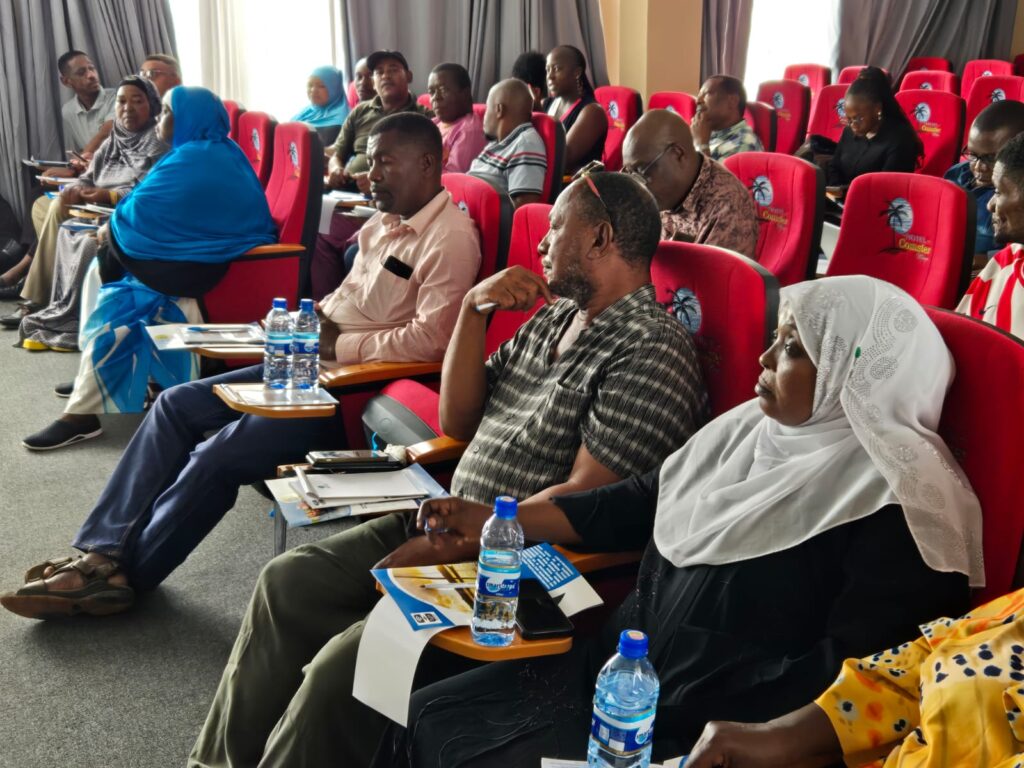
A seasoned defender of the rights of the fishers along the Kenyan coast Mr. Bardale Tapata said the struggle to get title deeds for landing sites has not been easy and even the few that they have managed to wrestle from private developers, mainly well connected individuals have come at a very high price.
A call was made for the leadership of the Beach Management Units to rally members and government institutions towards ensuring that landing sites are secured through acquisition of title deeds.
